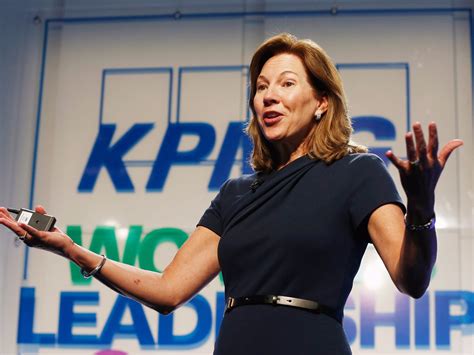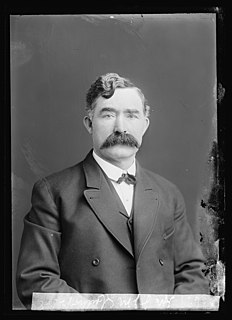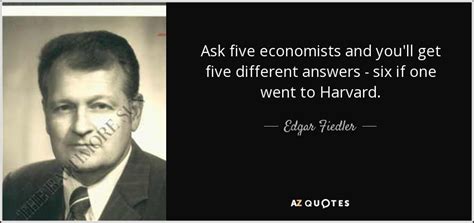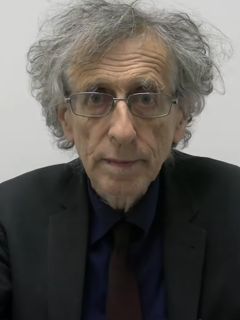A Quote by Nassim Nicholas Taleb
Forecasting by bureaucrats tends to be used for anxiety relief rather than for adequate policy making.
Quote Topics
Related Quotes
Under the rule of the "free market" ideology, we have gone through two decades of an energy crisis without an effective energy policy. Because of an easy and thoughtless reliance on imported oil, we have no adequate policy for the conservation of gasoline and other petroleum products. We have no adequate policy for the development or use of other, less harmful forms of energy. We have no adequate system of public transportation.
The reason why China forecasting has such a poor track record is that Westerners constantly invoke the model and experience of the West to explain China, and it is a false prophet. Until we start trying to understand China on its own terms, rather than as a Western-style nation in the making, we will continue to get it wrong.
I think that intelligent forecasting (company revenues, earnings, etc.) should not seek to predict what will in fact happen in the future. Its purpose ought to be to illuminate the road, to point out obstacles and potential pitfalls and so assist management to tailor events and to bend them in a desired direction. Forecasting should be used as a device to put both problems and opportunities into perspective. It is a management tool, but it can never be a substitute for strategy, nor should it ever be used as the primary basis for portfolio investment decisions.




































